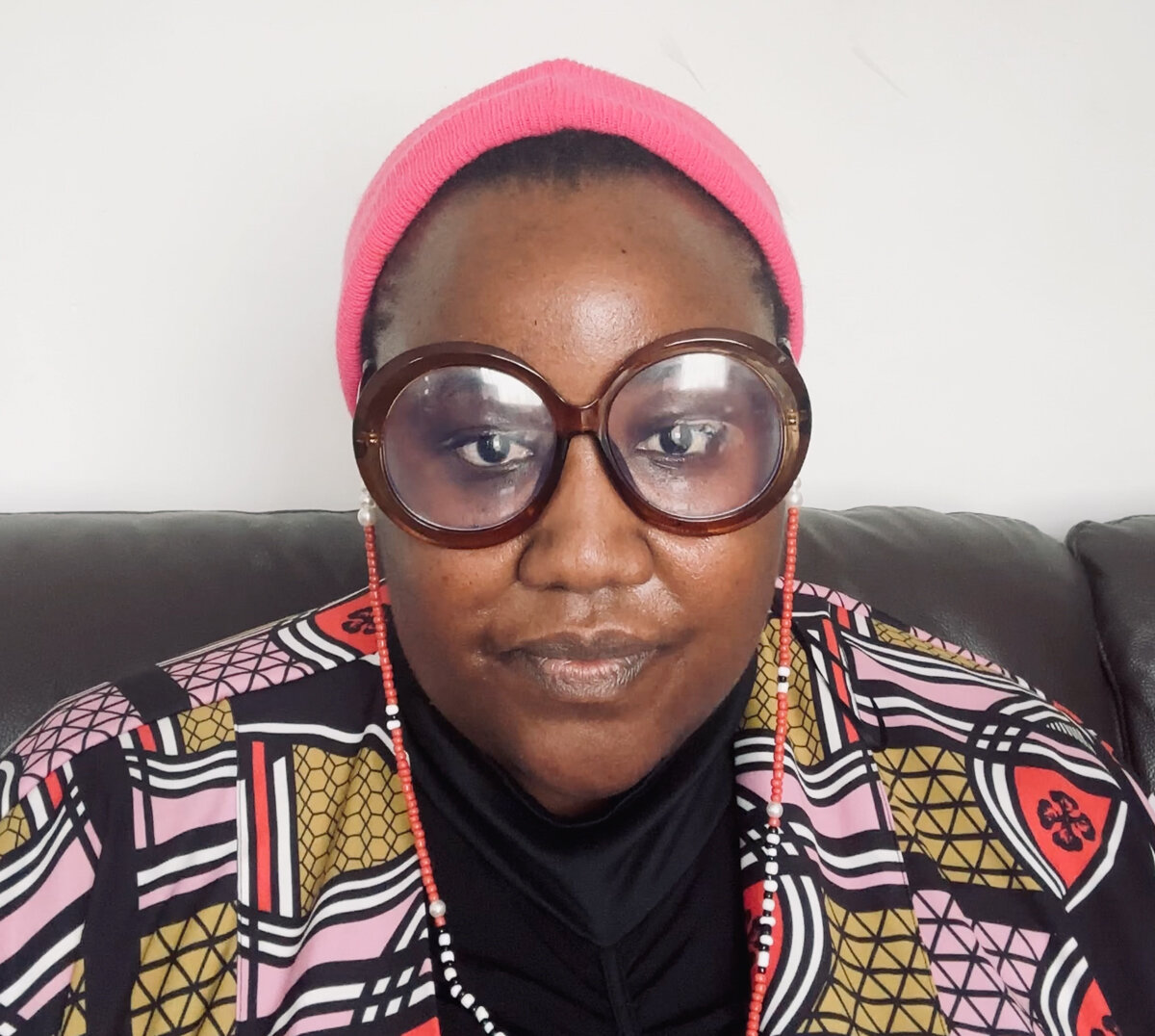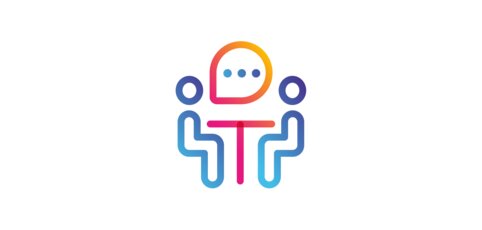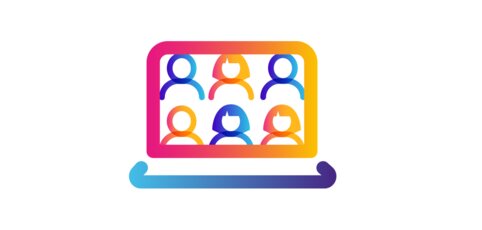
"There was a lot of education for ourselves and our family and friends"
Noma
- shares her family’s experience of daughter Imani’s assessment and diagnosis
Noma first noticed signs that her daughter might be autistic when she was a baby. Imani was diagnosed when she was three years old; she is non-speaking and having an autism diagnosis helped her to access support throughout school. Noma describes what they had to do as part of the autism assessment and their experience as a family.
Video transcript
Hello, I’m Noma. I’m here to talk to you today about my journey with autism with my daughter, who is 17 years old.
What made you want to seek a diagnosis for your child?
My daughter was diagnosed with autism some 14 years ago, following myself and my partner making a referral to our health visitor, who we had a conversation with when she came to see us.
At the time, when we spoke to a health visitor, Imani was meeting all her milestones but was taking quite a long time.
But additionally, there were other things as a baby that perhaps we didn’t make time to think about because she was our first child, and naturally, we were learning as we go, as new parents. Things like when her nappy was soiled, she wouldn’t cry or make a fuss. When she was hungry, again, she wouldn’t cry or make a fuss.
We fed her by the clock, and when she needed changing, we used to have to take it in turns to check her nappy, and on the off chance it was wet or soiled, then she would have a change.
How did you get a referral?
In terms of her referral, once our health visitor was aware of our concerns, she very carefully listened and referred us to our GP, who then assessed us and spoke to us and referred Imani to the Child and Adolescent Mental Health team.
When we saw the team, which included a psychiatric doctor, an educational psychologist, an occupational therapist and a play therapist, Imani’s assessment was carried out over a period of two weeks.
What do you remember you and your child doing as part of the assessment?
They asked us loads of different questions. They assessed how she plays and how she interacts with adults and children alike in school settings and at home. As parents, we were also asked to keep a diary or journal of information that we noticed about Imani’s behaviours.
Following the referral and the information collected, a diagnosis was then made.
How did you feel when you got the result, and your child was given an autism diagnosis?
In terms of how we felt about the diagnosis, as a mother, I felt guilty. I felt bewildered. I felt worried. I didn’t know what the future held, and also I worried about how Imani would be isolated from other children because she is non-verbal.
Additionally, we also battled with other family members and with friends who perhaps did not understand the diagnosis and what it meant.
So there was a lot of education for ourselves and for our family and friends.
What impact has having a diagnosis had on your child’s life?
In terms of support from health and social care, we received a lot of support from school particularly, in terms of helping us understand Imani and how she learns. Imani also got access to an EHCP, which meant that when she started school and was school-going age, she could get some support through a one-to-one at school, and this has continued throughout her education up until high school.
A lot of the time, we took the time out ourselves, to educate ourselves by reading books that were recommended to us by health professionals and by also seeking out other parents whose children had been diagnosed.
At home, we really had to think about how we organised our home to accommodate Imani. And when another sibling came along, the challenge then moved again to how to parent the two of them together in the same household but very differently and think about their individual needs.
How do we feel since then? We’ve made a lot of strides since then and she has enjoyed her schooling years really well. And our family have really transitioned into a group of people who understand the needs of people with autism and how to support them.
We received a lot of support as well from the National Autistic Society. We spent a lot of time on the website, learning, understanding, reading the fact sheets and finding ways of how we could educate ourselves and help our family and friends.
Related content

Diagnosis
Our guides for autistic adults, parents and carers, and professionals, on the diagnostic process, getting support after a diagnosis, and more.

Diagnostic services
The Diagnostic and Assessment Service is internationally recognised for its pioneering work in the diagnosis of autism and related conditions.

Online Community
Our 24/7 Online Community is a place for autistic people and their families come together to connect, support one another, and share experiences.
